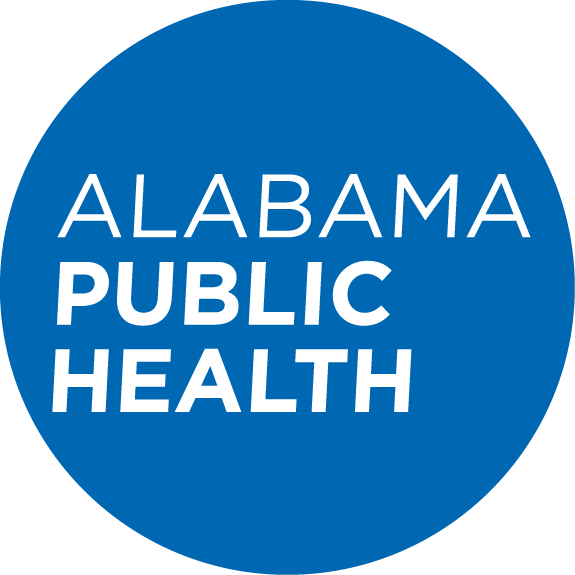During this 1.25-hour webinar hosted by the Alabama Regional Center for Infection Prevention and Control, two speakers will delve into distinct topics. This session marks the culmination of the ARC IPC’s MRDO webinar series, serving as its sixth and final installment.
In the first segment, Ms. Amy Ward will deliver a presentation titled “Communicating Critical Infection Prevention Information Among Key Stakeholders to Improve Resident Outcomes.” During this session, learners will understand how to identify key stakeholders, both internal and external to their organization. They will develop knowledge of what, when, and with whom to communicate. Finally, standardized communication tools will be shared.
In the second segment, Dr. Spencer Durham will present “The Decline of Antimicrobials and the Significance of Antimicrobial Stewardship.” The incidence of infections due to multidrug-resistant organisms (MDROs) is increasing at an alarming rate on a worldwide scale. In the United States alone, it is estimated that more than 2.8 million infections occur each year due to antimicrobial-resistant organisms. Additionally, the advent of new antimicrobial agents with novel mechanisms of action has been stalled for many years, making the preservation of existing antimicrobials of utmost importance. The provision of appropriate antimicrobial stewardship is the best defense currently available to decrease antimicrobial resistance and preserve existing antimicrobial agents.
The webinar is presented by the Alabama Regional Center for Infection Prevention and Control and cosponsored by the Deep South Center for Occupational Health and Safety, and the Alabama Statewide Area Health Education Centers (AHEC).
“Communicating critical infection prevention information among key stakeholders to improve resident outcomes” learning objectives:
- Communicate effectively with internal and external stakeholders
- Utilize standardized tools to structure communications
- Understand key infection prevention information to communicate
“The Fall of Antimicrobials and the Importance of Antimicrobial Stewardship” learning objectives:
- Recognize the role of antimicrobials in the development of pathogen resistance over time
- Define antimicrobial stewardship
- Identify how appropriate antimicrobial stewardship helps to hinder the development of antimicrobial resistance
The Deep South Center for OH&S is an approved provider of continuing education units for nurses by the AL Board of Nursing (Provider ABNP0420 Expiration Date 7/10/2025) and has awarded this program 1.5 ABN CEUs. All other professionals awarded .15 CEUs, SW awarded 1.5 CEUs.






















